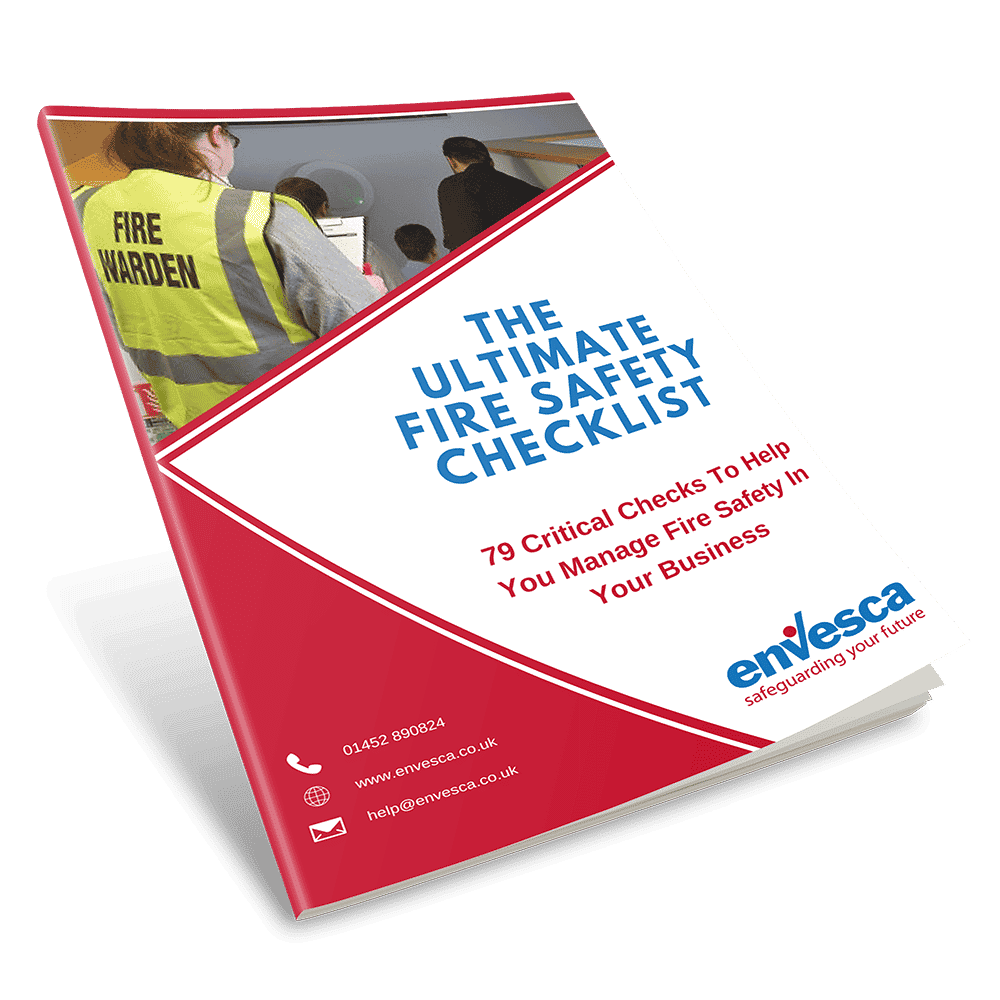Food safety is a crucial aspect of the food industry. It involves the measures taken to ensure that food is free from harmful contamination and safe for consumption. Food handlers play a crucial role in ensuring that food is safe. They are responsible for preparing, cooking, and serving food to the public. Therefore, they must be experts in food safety. This article highlights five reasons why all food handlers must be experts in food safety.
1. Preventing Foodborne Illnesses
Foodborne illnesses are caused by eating contaminated food. The symptoms of foodborne illnesses range from mild to severe and can even result in death. Food handlers who are not experts in food safety can easily cause food contamination, leading to foodborne illnesses. Therefore, all food handlers must be experts in food safety to prevent foodborne illnesses.
Expertise in food safety involves knowledge of the various food safety hazards, such as bacteria, viruses, parasites, and toxins. Food handlers who are experts in food safety know how to identify and mitigate these hazards, thereby preventing food contamination and foodborne illnesses.
2. Compliance with Food Safety Regulations
Food safety regulations are implemented to ensure that food is safe for consumption. Failure to comply with these rules can incur legal consequences, such as fines and the closure of the food establishment. Therefore, all food handlers must be experts in food safety to comply with food safety regulations.
Expertise in food safety involves knowledge of the various food safety regulations, such as the Food Safety Act, Hazard Analysis and Critical Control Points (HACCP), and the Food Standards Code. Food handlers who are experts in food safety know how to comply with these regulations, ensuring that food is safe for consumption.
3. Maintaining a Good Reputation
Food establishments thrive on their reputation. A good reputation attracts customers, while a bad reputation repels customers. Foodborne illnesses and failure to comply with food safety regulations can tarnish the reputation of a food establishment. Therefore, all food handlers must be experts in food safety to maintain a good reputation.
Expertise in food safety involves knowledge of the various food safety hazards and how to mitigate them. Food handlers who are experts in food safety can prevent food contamination, thereby preventing foodborne illnesses. They can also comply with food safety regulations, ensuring food is safe for consumption. This, in turn, maintains the reputation of the food establishment.
4. Ensuring Customer Satisfaction
Customer satisfaction is crucial in the food industry. Customers expect to be served safe and high-quality food. Failure to meet these expectations can lead to customer dissatisfaction, resulting in loss of customers. Therefore, all food handlers must be experts in food safety to ensure customer satisfaction.
Expertise in food safety involves knowledge of the various food safety hazards and how to mitigate them. Food handlers who are experts in food safety can prevent food contamination, ensuring food is safe for consumption. They can also ensure that food is high quality, meeting customers’ expectations.
5. Saving Costs
Foodborne illnesses and the closure of food establishments due to failure to comply with food safety regulations can lead to financial losses. These losses can be avoided by having food handlers who are experts in food safety. Therefore, all food handlers must be experts in food safety to save costs.
Expertise in food safety involves knowledge of the various food safety hazards and how to mitigate them. Food handlers who are experts in food safety can prevent food contamination, thereby preventing foodborne illnesses. They can also ensure compliance with food safety regulations, avoiding legal consequences that can result in financial losses.
Conclusion
Food safety is a critical feature of the food industry. Food handlers play a crucial role in ensuring food is safe for consumption. Therefore, all food handlers must be experts in food safety.
Expertise in food safety involves knowledge of the various food safety hazards and how to mitigate them. Food handlers who are experts in food safety prevent foodborne sickness, comply with food safety regulations, maintain a good reputation, ensure customer satisfaction, and save costs.
Envesca calls upon all food handlers to become experts in food safety. Invest in food safety training today to equip yourself with the knowledge and skills necessary to ensure that the food you produce is safe for consumption. Don’t let a food safety incident ruin your reputation, or worse, cost lives. Contact us today to learn more.
Find this helpful?
Signup to our email notifications to receive alerts when we publish new blogs. We promise not to spam your inbox, you will just get a short snappy intro to Health and Safety articles we think you will love.
"*" indicates required fields

The Ultimate Fire Safety Checklist
If you’ve got a question or query, please contact our super friendly team, they will be delighted to help you!
Simply get in touch via phone or email.

Free
Resources &
Downloads
Informative. Useful. Practical.
Here at Envesca we believe that we are good at giving proactive, sensible and useful advice. Below you will find some free resources that you can download on a host of subjects that will help you and your business.
Training Available
Envesca offer a number of different training courses, which offer advice and guidance on these topics.



